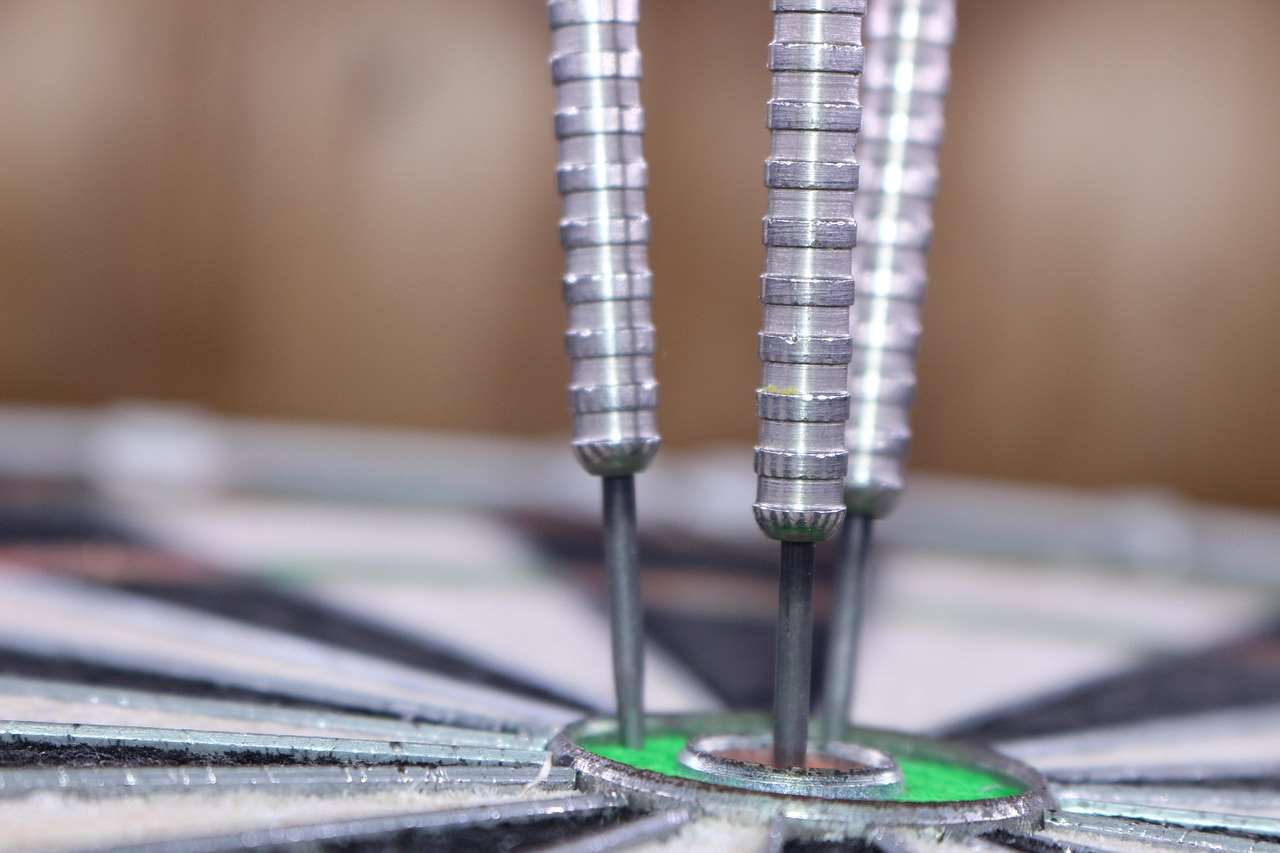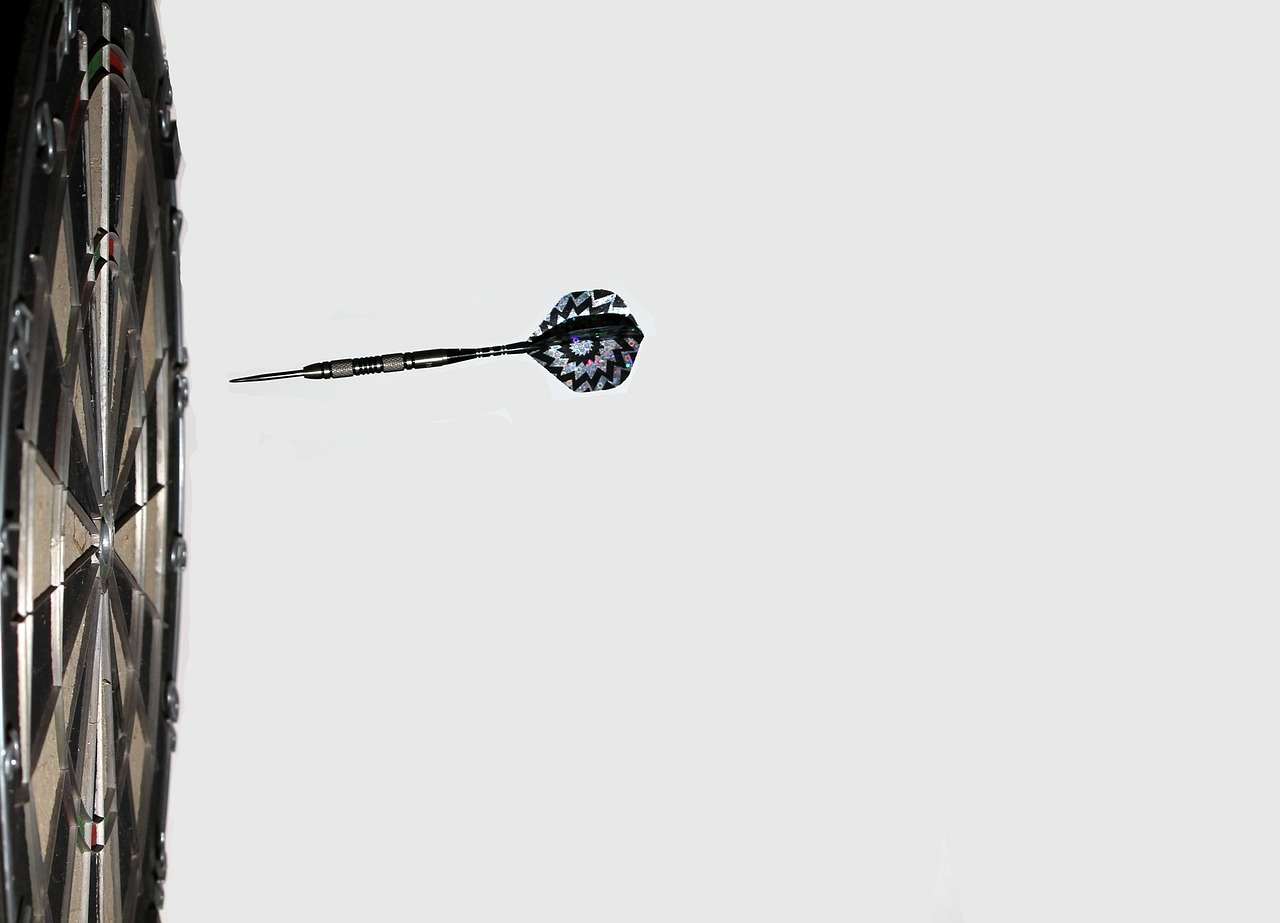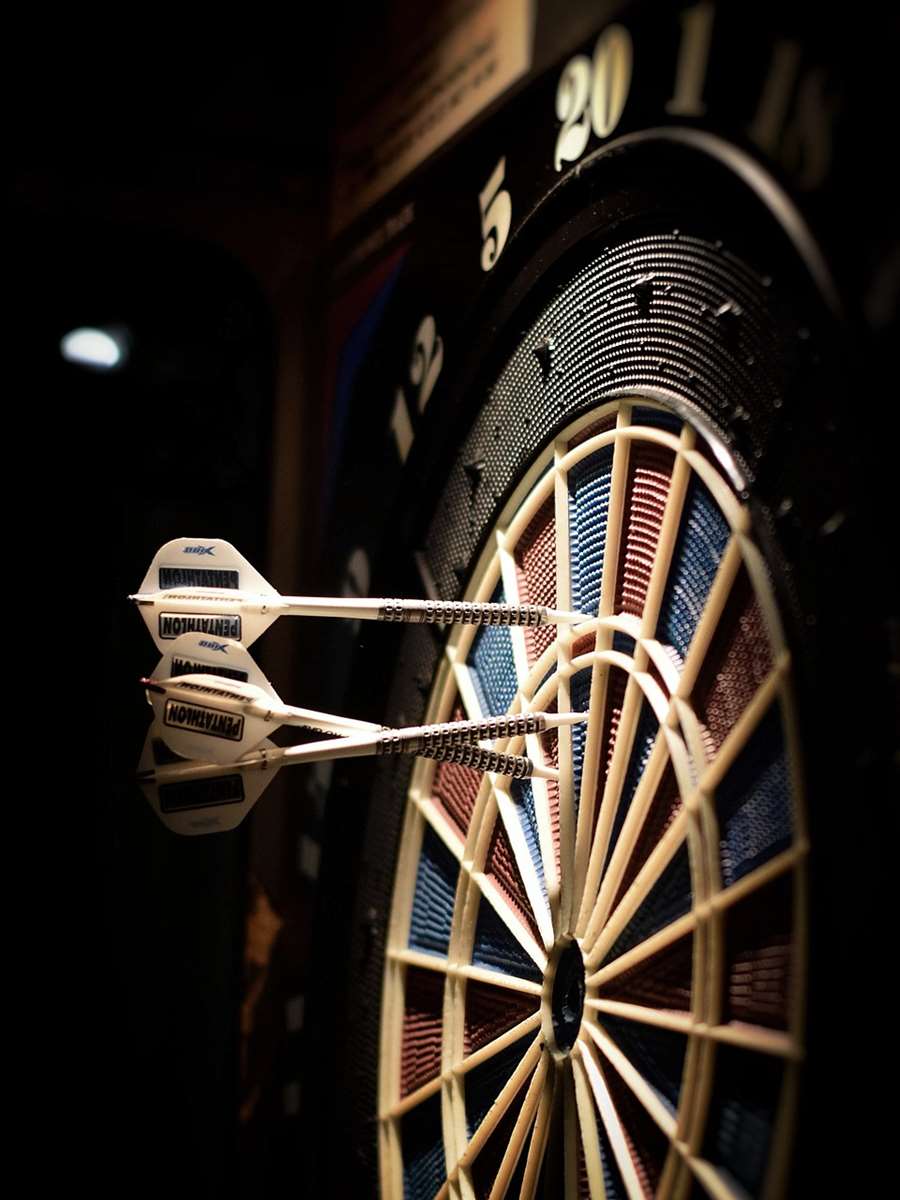Maintaining optimal energy levels during dart matches is crucial for consistent performance and success. This article will explore the factors influencing these energy levels, providing actionable strategies to enhance your game. We’ll delve into physical and mental preparation, nutrition, and recovery techniques to help you stay sharp throughout any match.
⚠️ Still Using Pen & Paper (or a Chalkboard)?! ⚠️
Step into the future! The Dart Counter App handles all the scoring, suggests checkouts, and tracks your stats automatically. It's easier than you think!
Try the Smart Dart Counter App FREE!Ready for an upgrade? Click above!
Understanding the intricacies of energy levels during dart matches goes beyond simply throwing darts. It’s about optimizing your physical and mental state for peak performance. Many factors contribute to your energy levels, from your diet and sleep to your pre-game routine and even your mental approach. We will break down the most important aspects to help you achieve consistent success in your matches.
Energy Levels During Dart Matches: The Physical Aspect
Your physical condition significantly impacts your energy levels during dart matches. Even though darts might seem like a game of precision and skill, rather than physical exertion, the truth is that maintaining focus, and steadiness requires significant energy. This is especially true during longer matches or tournaments. 
The Importance of Physical Fitness
While you don’t need to be a marathon runner to excel at darts, a certain level of physical fitness is essential. Regular exercise improves circulation, strengthens muscles, improves stamina, and promotes overall well-being. This translates to increased concentration, better hand-eye coordination, and reduced fatigue during matches. Consider incorporating regular exercise, including cardiovascular workouts and strength training, to improve your stamina and hand stability. You can find more specific recommendations tailored to dart players in our guide on Fitness for different dart players.
Nutrition and Hydration
Proper nutrition is critical for maintaining consistent energy levels during dart matches. A balanced diet rich in complex carbohydrates, lean protein, and healthy fats provides sustained energy release, preventing energy crashes. Stay hydrated by drinking plenty of water throughout the day and during the match. Dehydration can lead to fatigue, decreased concentration, and impaired performance. Remember to avoid sugary drinks and excessive caffeine, which can cause energy spikes followed by significant dips.
Mental Preparation and Energy Levels
The mental game is just as important as the physical one. Your mental state profoundly affects your energy levels during dart matches. Stress, anxiety, and lack of confidence can drain your energy and impact your performance. 
Strategies for Mental Resilience
Developing mental resilience is crucial for handling the pressure of competition. Practice mindfulness techniques, such as meditation or deep breathing exercises, to improve focus and reduce stress. These can significantly improve your energy and stamina. For example, see our helpful guide on Breathing exercises for stamina and endurance for specific techniques. Positive self-talk and visualization can also boost your confidence and maintain your energy levels.
Pre-Game Routine and Warm-up
A consistent pre-game routine can help calm your nerves and prepare you mentally and physically for the match. This could involve a short warm-up, practicing your throws, or engaging in relaxation techniques. A well-structured routine establishes a sense of control, reducing anxiety and conserving energy for the actual game.
Sleep and Recovery
Adequate sleep is essential for physical and mental recovery, directly influencing your energy levels during dart matches. Aim for 7-8 hours of quality sleep each night to allow your body and mind to repair and recharge. Sleep deprivation can lead to fatigue, impaired concentration, and poor decision-making during gameplay. Prioritizing sleep is paramount for achieving peak performance.
Recovery between matches is equally crucial, particularly during tournaments. Allow your body sufficient time to recover through proper nutrition, hydration, and rest. Avoid overexertion or engaging in strenuous activities that could further deplete your energy reserves. Remember, adequate rest plays a key role in both physical and mental recovery, as explained in our article about Fatigue and sleep quality darts.

Common Factors Affecting Energy Levels
Several factors beyond those already discussed can influence your energy levels. These include illness, stress outside of darts, and even medication side effects. These factors are often overlooked but can have a significant impact on your performance. Consider journaling or keeping a log to identify these contributing elements.
It’s also crucial to understand that energy levels during dart matches can vary widely based on match length, intensity, and the overall tournament environment. A longer, more demanding tournament will require a higher level of preparation and energy management compared to a shorter, casual match.
Managing Energy Throughout a Match
Strategies for maintaining energy during a match are essential. Taking short breaks to stretch, hydrate, and clear your mind can significantly impact your performance. Don’t underestimate the power of a few deep breaths to refocus and recharge your energy. We even provide some guidelines in our article on Breathing for rhythm darts. Maintaining a positive attitude and a strategic approach to the game is also essential. Remember, consistency is key.
Finally, a holistic approach to your well-being is crucial. Combining physical fitness, proper nutrition, mental preparation, and adequate sleep will positively influence your energy levels during dart matches, maximizing your chances of consistent success. This overall approach to health and well-being is discussed further in Darts Fitness Health.
The Importance of Preventing Injuries
While darts may seem a low-impact sport, injuries can still occur. Wrist strain, back pain, and eye strain are common. Preventing these injuries is crucial for maintaining your energy levels and your ability to compete at your best. Consistent good posture and appropriate technique are essential for injury prevention. For additional information and tips, read our comprehensive dart injury prevention guide.

Long-Term Energy Management for Dart Players
Consistent high performance in darts requires long-term strategies for energy management. This includes establishing a routine that prioritizes sleep, nutrition, and exercise. Regular check-ins with your body and acknowledging energy dips can help you adjust your strategies accordingly. You might find Healthy lifestyle recommendations dart players beneficial.
Additionally, understanding the signs of fatigue and taking proactive measures such as rest, hydration, and appropriate nutrition is vital. Neglecting your physical and mental health can lead to burnout and ultimately impact your long-term performance. Investing in your health is an investment in your darting career.
Conclusion
Optimizing energy levels during dart matches requires a comprehensive approach encompassing physical fitness, nutrition, mental preparation, and recovery. By focusing on these key areas, you can enhance your consistency, performance, and overall enjoyment of the game. Remember to prioritize sleep, maintain a balanced diet, practice mental resilience techniques, and address any potential injuries promptly. A combination of these elements will lead to better results on the dartboard.
Remember to check out our other resources on Healthy lifestyle for youth dart players and Healthy lifestyle and mental game darts for more information. Start implementing these strategies today and experience the difference in your performance. Good luck!

Hi, I’m Dieter, and I created Dartcounter (Dartcounterapp.com). My motivation wasn’t being a darts expert – quite the opposite! When I first started playing, I loved the game but found keeping accurate scores and tracking stats difficult and distracting.
I figured I couldn’t be the only one struggling with this. So, I decided to build a solution: an easy-to-use application that everyone, no matter their experience level, could use to manage scoring effortlessly.
My goal for Dartcounter was simple: let the app handle the numbers – the scoring, the averages, the stats, even checkout suggestions – so players could focus purely on their throw and enjoying the game. It began as a way to solve my own beginner’s problem, and I’m thrilled it has grown into a helpful tool for the wider darts community.